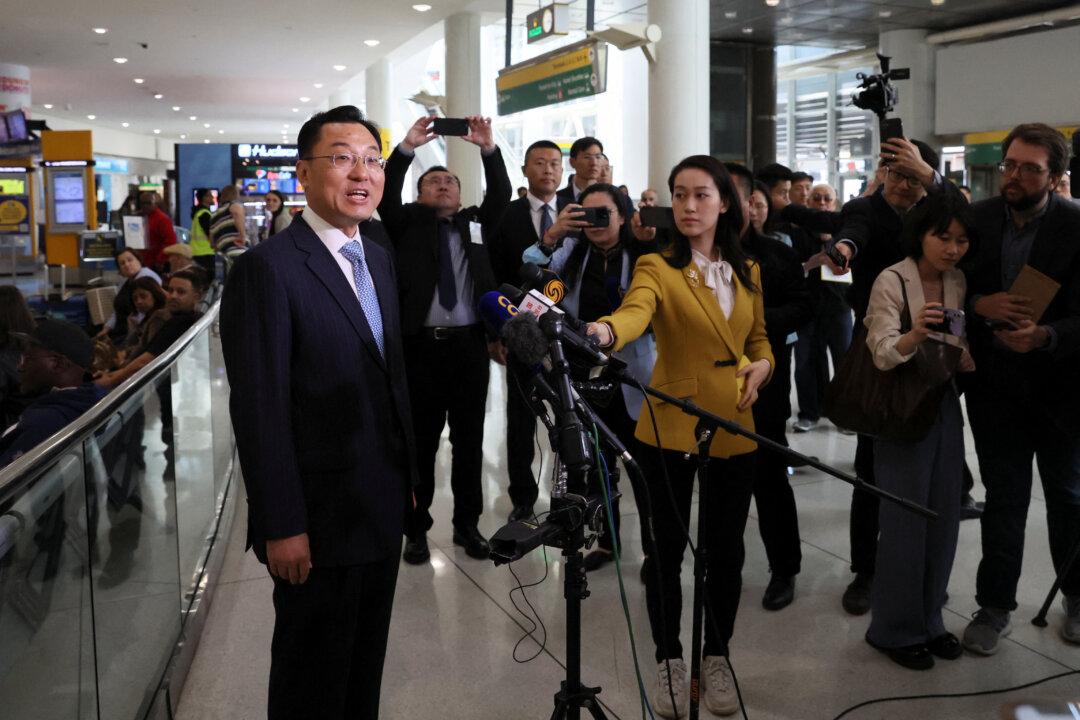China’s new ambassador to the United States has called on his Chinese compatriots and Chinese students in the United States to work with the Chinese Embassy to serve communist China in his open letters published on the embassy’s official website.
Upon his arrival on May 24, the new ambassador, Xie Feng, published the letters in both English and Chinese. In one letter titled “To Fellow Compatriots in the United States,” Xie directly addressed Chinese Americans and Chinese expats in the United States on behalf of the motherland, trying to invoke nationalistic or ethnic sentiment with phrases such as “blood is thicker than water.”
He called on the Chinese community in the United States to help the regime improve U.S.–Sino relations as defined by Xi Jinping, leader of the ruling Chinese Communist Party (CCP), and to serve as “a bridge that connects the two countries” because that community has “a stake in China-U.S. relations.”
“Your support, involvement, and contribution would be most valuable,” Xie wrote.
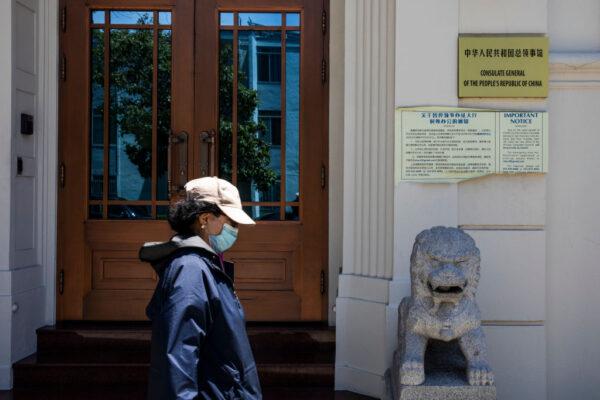
He also extended an invitation for them to visit China.
“A China marching toward modernity is a boon to the Chinese people and to countries across the world,” he wrote. “You are most welcome to visit China often to experience the progress of the country and find opportunities there for self-fulfillment.”
At the end of the letter, Xie expressed his desire to expand his connections in the Chinese community in the United States.
“I look forward to meeting old friends here soon and making new ones,” he said, inviting Chinese people to visit the Chinese Embassy.
Xie told Chinese students in the United States to “stay united” in “loving [China] and studying abroad to serve the motherland,” and to work with the Chinese Embassy. He told them, “Tell China’s story well to your American friends.” “Tell China’s Story Well” is the Chinese communist regime’s overseas propaganda slogan to push the CCP’s narrative of its rule in China to the world.
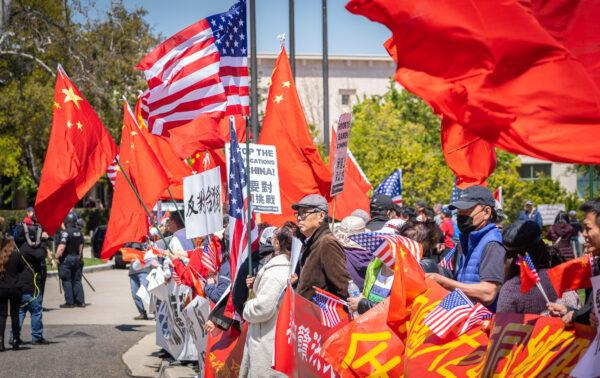
Infiltrating the US
Litang Liang, a Chinese community leader and U.S. citizen living in Boston, was arrested earlier this month for secretly providing the Chinese communist regime with a “blacklist” of U.S.-based pro-democracy dissidents from 2018 to 2022.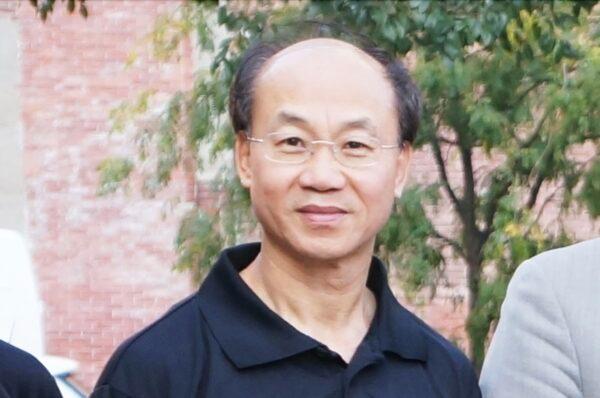
John Chen, a 70-year-old U.S. citizen born in China, and Lin Feng, a Chinese citizen aged 43, attempted to “manipulate the IRS Whistleblower Program, through bribery and deceit,” in an attempt to strip a Falun Gong-run entity of its tax-exempt status, as stated in a court filing.
Thousand Talents is a global recruitment program designed by the CCP to attract talent to China, mainly targeting scholars who were originally from China studying or working in Western institutions and organizations with access to cutting-edge technologies in the West.
Protecting CCP’s Interests
Although Xie has been viewed by many in the diplomatic world as a relatively low-key figure, compared with his predecessor Qin Gang and other “wolf warrior” diplomats of the CCP, he made it very clear on the day he arrived in the United States for his new post that he has “come here to safeguard the interests of China.”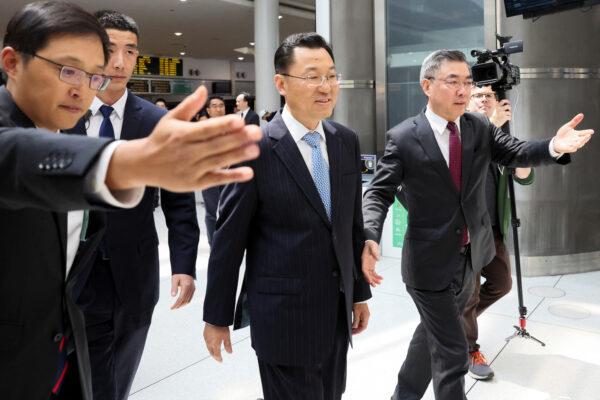
Xie is known for his behind-the-scenes work in striking deals with politicians in the United States. In November 2022, Xie helped arrange a high-profile summit between Chinese leader Xi Jinping and U.S. President Joe Biden.
Xie has years of experience in diplomacy, much with the United States.
On Jan. 16, Xie delivered a keynote speech at the opening ceremony of the China Think Tank International Influence Forum in Beijing. He reiterated the importance of the roles played by people in Chinese and American strategic and business circles for U.S.–Sino dialogue and cooperation, according to the China-based media outlet The Paper.
Professor Kou Jianwen, director of the International Relations Research Center of National Chengchi University in Taiwan, told The Epoch Times on May 24 that U.S.–Sino relations won’t change in any major way despite the personnel changes, including Xie’s appointment as the new ambassador.
“This is a structural confrontation [between democracy and communism], so it is difficult to make substantial adjustments in the relationship between the two countries,” he said.
